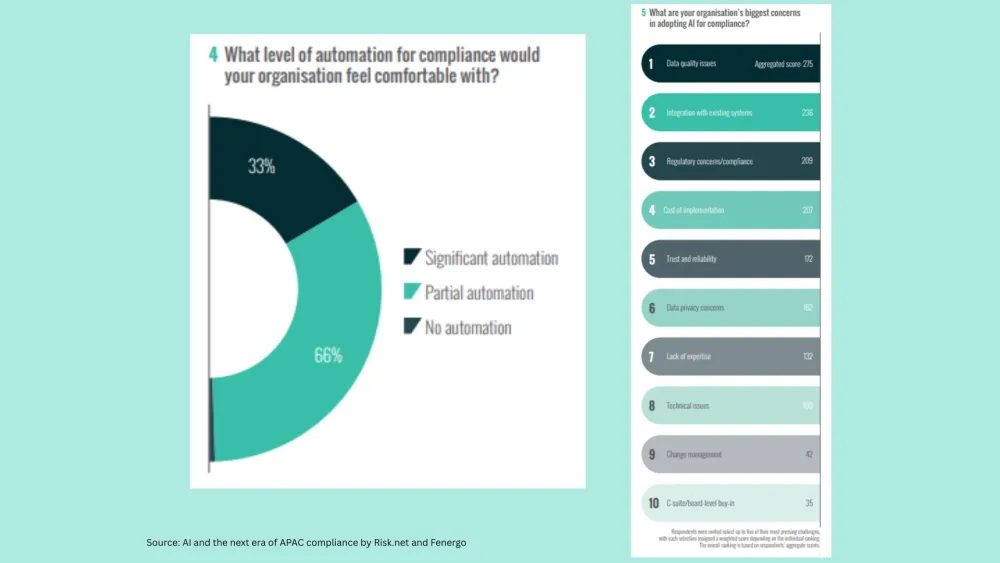
Singapore’s financial sector turns to contract hiring for cost control
Hiring processes have become lengthier as employers consider cultural fit and regulatory compliance.
The financial services sector in Singapore continued to remain cautious in their hiring, with an increasing reliance on contract roles, said Morgan McKinley.
Contract hiring has also become a dominant strategy as firms in the banking and financial services sector seek greater flexibility and cost control, Morgan McKinley said in its 2025 Salary Guide report.
Positions in cybersecurity, data analytics, and compliance are frequently filled through project-based contracts rather than permanent employment.
“Whilst demand for permanent roles persists, firms are being more selective, prioritising professionals with the technical and strategic expertise needed to drive digital transformation and regulatory adaptation,” the recruitment consultancy firm said.
The sector has taken a “measured approach to hiring”, with most firms prioritising replacement hires rather than expanding teams.
The growth of private wealth over 2024 meant that private bankers have become the most in-demand role in the city. Singapore has seen substantial expansion in private wealth over the past four years, with assets under management projected to reach $265b in 2024, Morgan McKinley said.
Looking ahead to 2025, hiring activity will likely remain concentrated in fintech, ESG, risk, compliance, and advanced analytics, with contract workers often filling gaps in expertise, Morgan McKinley said.
Longer hiring, specalised focus
Hiring challenges include lengthy client account opening processes (KYC) and extended interview cycles, as firms take a more deliberate approach to assessing candidates’ performance and cultural fit.
“The recruitment process has also lengthened significantly, with employers focusing more on cultural fit, regulatory compliance, and in-depth technical assessments,” the report said.
Bidding wars have broken out for top talent, particularly in emerging fields requiring specialised expertise. Competition for highly skilled professionals is intensifying, particularly in fintech, AI, machine learning, blockchain, and ESG-related roles.
In contrast, traditional middle-office and manual processing roles continue to contract due
to automation, AI adoption, and offshoring.
“Given the rising number of applicants versus vacancies, firms now have greater leverage in the hiring process,” Morgan McKinley said.
For 2025, firms must address ongoing talent shortages by investing in educational partnerships, apprenticeship programs, and internal upskilling initiatives to develop the next
generation of financial services professionals, the agency said.
Recruitment processes are expected to remain rigorous, with a strong emphasis on aligning skills, cultural fit, and long-term business objectives.
AI and automation will continue to reshape job profiles, increasing demand for professionals who can navigate an evolving financial landscape whilst integrating new technologies into business operations, it concluded.



















 Advertise
Advertise













